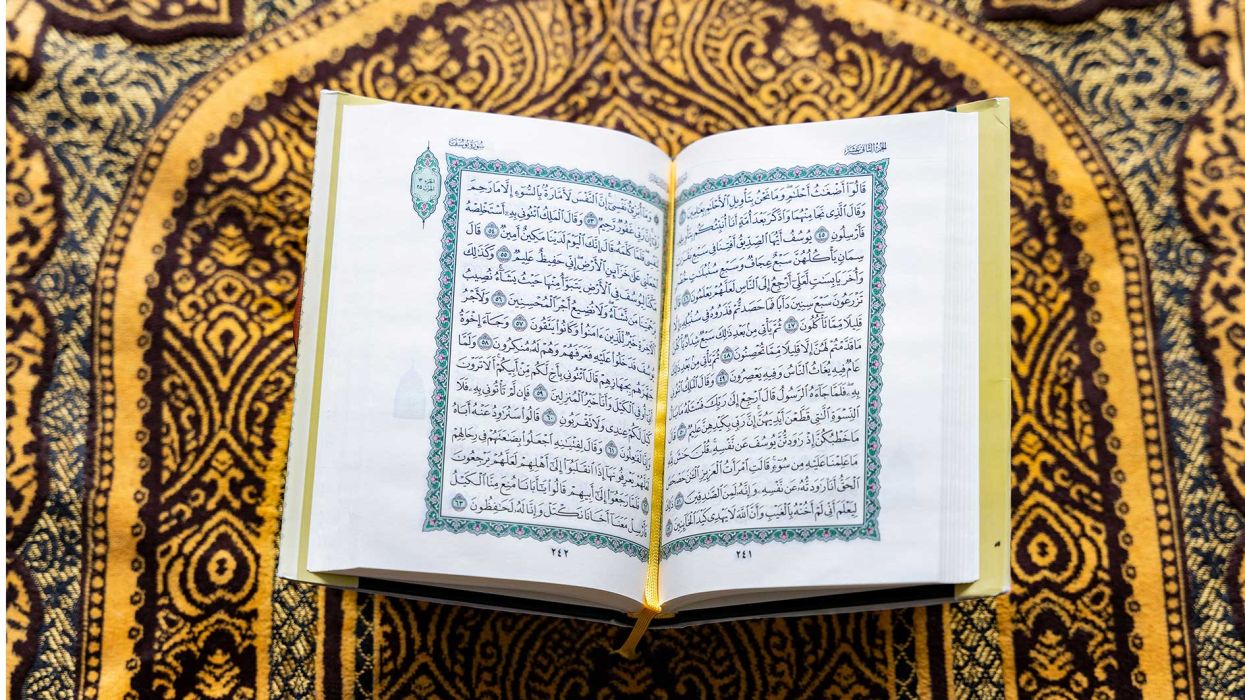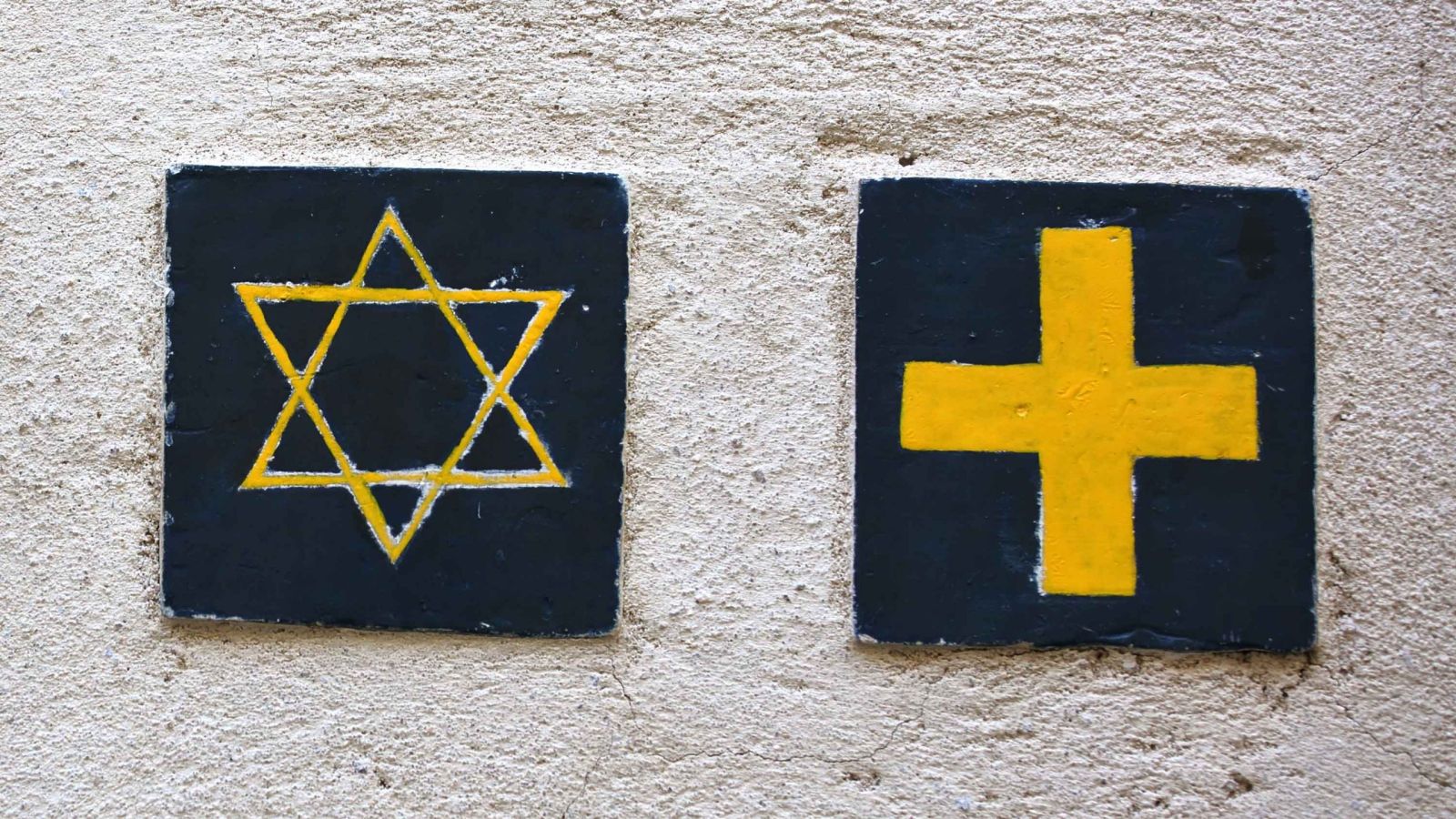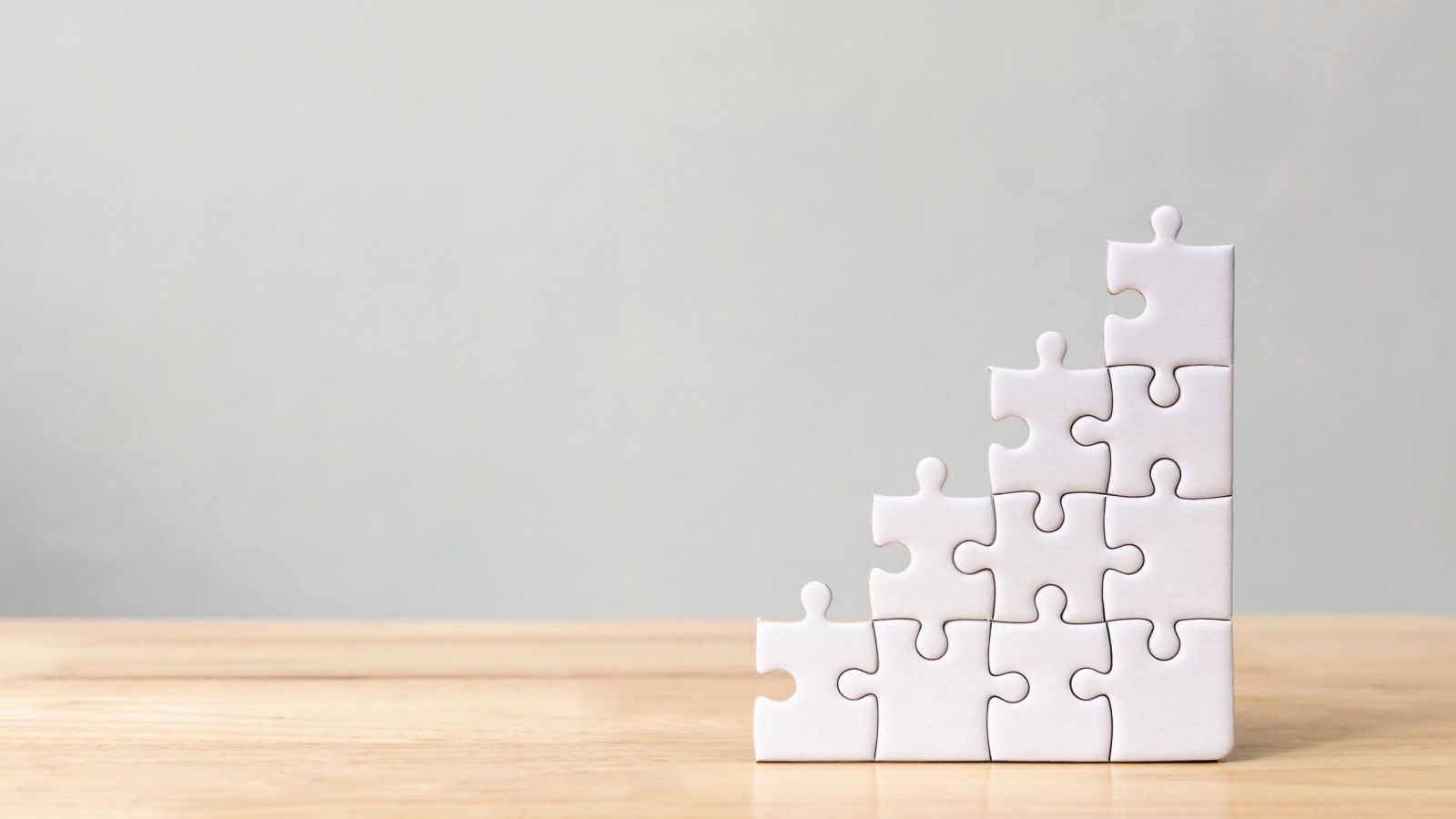Does one pray it (saalatul-istikhaarah) when one is confused about two matters or when he has already decided?
So with regards to Saalatul-Istikhaarah does one pray it when confused about two matters and wishes to be guided to the one that is better for him or does he pray it when he has made up his mind about a matter and wishes to be guided (away from it if it is good for him)…No, he wishes to be guided to it if it’s good for him or away from it if it’s bad for him.
Therefore he begins attempting to achieve this thing.
Saalatul-Istikhaarah, the Sunnah is that you name your choice that you have made after Istishara, after seeking counsel, after seeking advice, after researching, seeking help from the servants of Allāh with regards to advice, then you turn to Allāh تعالى with your decision and no harm in seeking Allāhs help in the beginning.
Of course, asking Allāh, O Allāh show me what is correct but when it comes to the actual Saalatul-Istikhaarah that it is two Rak’at followed by a Dua and the Messenger صلى الله عليه وسلم as Jabir said in the Ṣaḥiḥ, he used to teach us the Istikhaarah like he used to teach us a Sūrah from the Qurʾān. He said when one of you has an important matter, let him make two Rak’at. Fal Yarkae’ Raka’Tayn
Then he says,
In that Dua, he says “O Allāh, if you know this matter to be good for me” and you can’t say here this or that, you have to name one of them.
Right, if you know this matter to be good for me in my dīn and in my hereafter, the long term and the show term of my affair, then grant it to me, put blessing in it for me.
Grant it for me as Qadar, make it easy for me and put blessing in it for me
And if you know this thing to be bad for me, in my short term, in my dīn, in my hereafter, my short term, my long term then keep it away from me and keep me away from it and destine for me the good things.
The good thing or the good alternative, where ever it may be and then make me pleased with it. So in this Dua, twice you mention a decision that you have made or that you are making right now with this Istikhaarah.
So before you get married you have a specific girl in mind, you make this Saalatul-Istikhaarah , before you make any decision that serious, you make Saalatul-Istikhaarah and you name the matter that you have made the decision in favour of and you ask Allāh when you do that, name the woman, name marrying this woman at this time, name her and, you know, name the events; marriage.
Then you’re asking Allāh to put blessing in that marriage if its for you, to make it easy for you, you asking Allāh to turn you away from that affair if its not good for you, your dīn, your hereafter and so-on.
So the very Dua answers this question that you name the decision in your supplication and Allāh Ta’ala knows best.
Last question; how long do you wait after praying Istikhaarah to seek the matter out?
After making the Istikhaarah you go straight into that matter, you begin, you don’t wait for anything, you don’t look for signs of, in the sky, you don’t look for stars.
There are some Mushrikūn who tried to insert this into our practice of Islām. So they say, you make Istikhaarah and then you look to the stars. Can you imagine that, take an issue of Tawhid from the Messenger of Allāh صلى الله عليه وسلم and then blend it with Shirk?!
Begin your request from Allāh with pure Tawhid, two Rak’at just for Allāh, beautiful Dua, right from the lips of the Messenger of Allāh صلى الله عليه وسلم and then you look to the sky for guidance?
You look to the stars to see a shooting star or to see the movement of a star to indicate to you and you go back to the Dīn of Jahiliyyah after being upon the noble Sunnah of the Messenger صلى الله عليه وسلم
I mentioned that just because I recall people saying things like that, look into the sky in the middle of the night and look for shooting stars, look for something to indicate things to you.
LA! You act on what you have just decided, if you just made Istikhaarah to get married, then call up the Wali of the girl and say, Fa Atlubuha, I want her now, I want to marry her and if he says, do you want to marry my daughter, I offer her to you and you say yes, then you take her and you get married to this girl.
When you find that this girl and Allāh Ta’ala has made her very beautiful and Allāh Ta’ala has made her a pious girl and Allāh Ta’ala has made her loving to you and Allāh Ta’ala has made her affectionate to you and she loves you and you love her, then your Istikhaarah has been answered and Allāh Ta’ala has given you what you have asked for and Allāh has blessed you and made it easy for you
And if you find that the girl that you married is totally against you or that the Wali didn’t even accept, he doesn’t want you to marry the girl or the girl refuses or the contract doesn’t take place or the Mahr is too high and she won’t take anything less or any other issues come up, it’s outside of your ability to marry her.
Not that it doesn’t require patience sometimes and persistence but it’s totally out of your ability, then Allāh has answered your Istikhaarah, be happy.
That was an evil thing coming to you and you’ve asked Allāh for protection from that evil thing and he has accepted your prayer and he has granted you it and he has diverted a big harm from coming your way through your Istikhaarah, so feel good about the woman that you didn’t marry after you made Istikhaarah.
Feel good about the thing that didn’t work out after you made Istikhaarah to go after it and consider that Allāh Ta’ala has diverted that bad thing from coming to you, you did not know the evil and bad things that were involved in it, you were only judging it by a very surface-level judgment by the outward appearance of things and Allāh Ta’ala knows the reality of affairs and he kept that from you, answering your Dua.
This way the believer is optimistic in every place and every time and every occasion, once something is prevented from coming to him after making Istikhaarah, he says with a clean heart “Alhamdulillah that harmful thing didn’t hit me” and if he gets something and he’s happy with it and it works out great, he says ” Alhamdulillah, this is the baarakah and the tayseer, this is a blessing and the ease that I asked Allāh for in this affair, and Allāh has answered my dua, I must increase in my gratitude to Allāh.
The believer, Al Mu’minu kuluhu Khayr, the Mu’min is always in a good, optimistic state.
May Allāh Ta’ala make us true believers and with that we’ll close this evening, hoping that Allāh Ta’ala blesses us to come together tomorrow night at this time and we bid you well here from Troid Radio.
Was-Salam ʿalaykum wa rahmat Allāh wa barakatu
Transcribed by Wafa ibnt Houssam













